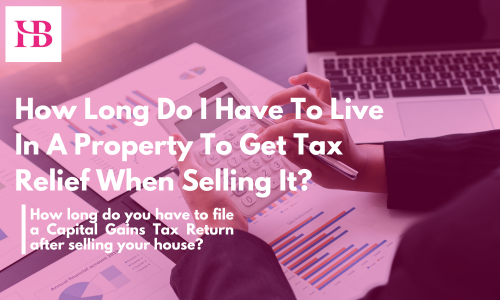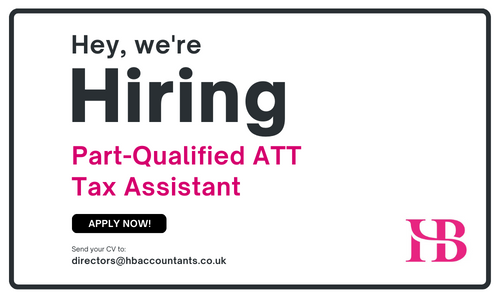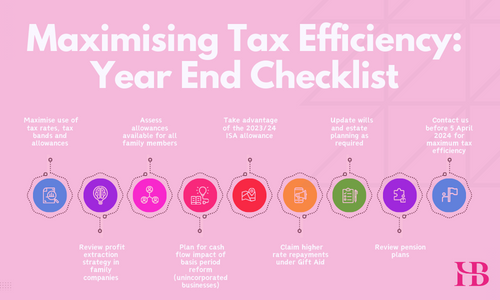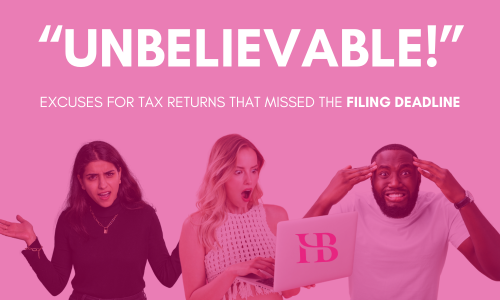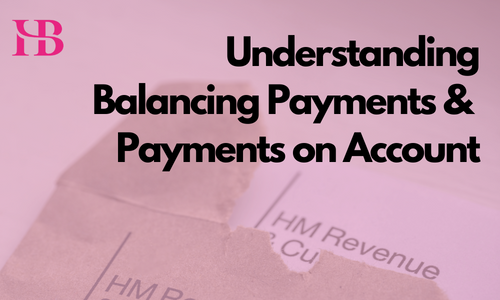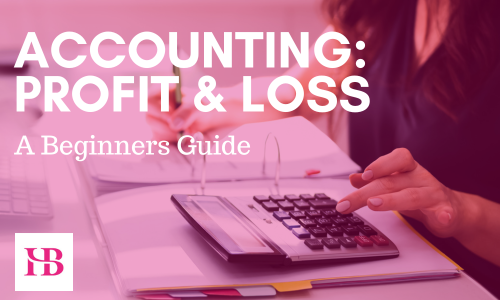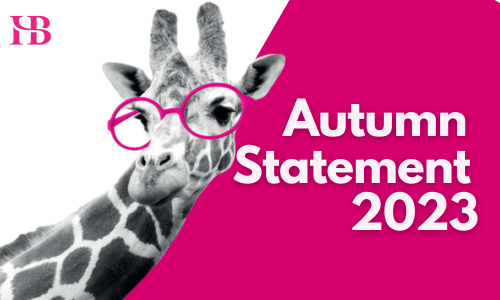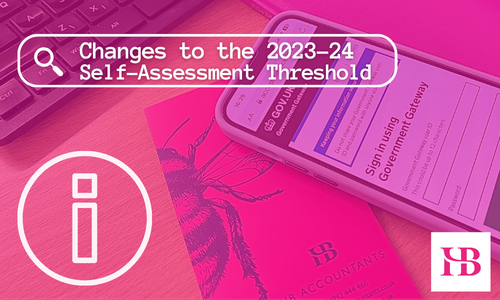Principal Private Residence (PPR) relief can wipe out or significantly reduce the tax you owe when selling your home. A Principal Private Residence (PPR) is a house or apartment which you own and occupy as your only, or main, residence.
There isn’t a simple answer so speak to your tax adviser. You must prove that you intended to make it your permanent residence.
